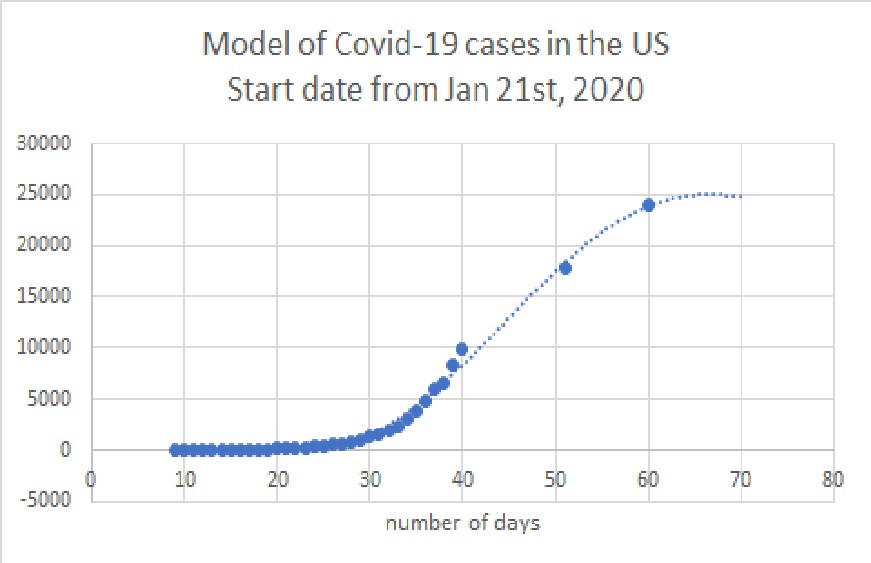Our actions are what define us. Just thoughts, however good they may be, unless proceeded by action, remain just theoretical.
The philosophical study of action and its motives dates back to
Ancient Greece and India. To be clear,
my reference to “action” is intentional action or things that people genuinely
do.
As Aristotle said, in
order for a man to perfect his humanity, he must be the best man he can be. To
be his manly best, a man not only needed to cultivate proper intentions and an
appropriate disposition, but put those intentions into real virtuous action.
In ancient Indian philosophy, the goal of the early portion of the Vedas is action, in
particular moral or dharmic. A human being
is defined by his or her actions and the actions are what defines the persons’
dharma.
Even if we aim for virtuous actions,
the world has become so complicated that it is hard to know if the action is
truly virtuous. The degrees of freedom
between an action and it’s consequence or consequences can be so numerous that
it is impossible to know if the action was good. This problem of unintended
consequences could have the effect of making almost all actions non-virtuous.
So, what is one to do? The only real practical answer is to still act in good
faith within one’s cognitive visibility or horizon. Otherwise if we try and
analyze too many possibilities it could result in paralysis by analysis.
I personally have always tried to act
in a way that is purposeful. My actions
are usually preceded by rational thought and logic, which is somewhat consequential
or utilitarian in that I would try and evaluate the course of action by what it
can achieve vis a vis other choices. This has largely been my principle, my dharma
and has mostly served me well and it suited my predominantly analytical
mindset.
But not too long ago there has been
somewhat of a change. Recently an old
colleague asked our college class group for money to help his son’s education,
having fallen in difficult times in his career. This was not the first time he
had asked, and we all came to know that he has asked other family and friends
for money in the past. I thought about this – rationally and logically – and
argued against contributing, citing that this has become a ritual and habit of
his, that there are better places to put my money, why can’t he send his son to
a college within their means and so on and so forth. It all made sense based on
the principles that have normally governed my actions. Then suddenly I contributed. Not out of guilt
or coercion, rather it dawned on me that all my analysis was really to serve
myself – the only thing that mattered at that time was there was a friend in need
and that I could take a small action to help. Period,
Soon after that another incident happened
in which an aging family member was raising a fund to support their special
needs son so he can live in an appropriate institution. The immediate analytic assessment was why have
they not been planning for this for the last fifty years and so on. But I stopped short in my tracks and chided myself
– who was I to question their life and
their lack of setting enough aside for their son, neither do I know the
complete picture and neither am I qualified to judge them. They have a need and I can help, so I should
act, and I did.
The analysis, the justification, the rationalization
is sometimes how we attach ourselves to the results or fruits of the action –
it seems like we do that more for ourselves, thus in a way it is for selfish
means. While action based on the
analysis of the results is clearly still needed in order to achieve certain
goals, needs and comforts in life, it was truly liberating to simply act
without any analysis, purely on the basis of the need to act, completely
without attachment. I am sure in life
there is a balance of the two, which I am yet to figure out. I am not planning on
abandoning the dharma that has served me, but the new dharma, if I may call it
that, has been satisfying.
Dharma truly is subtle.








